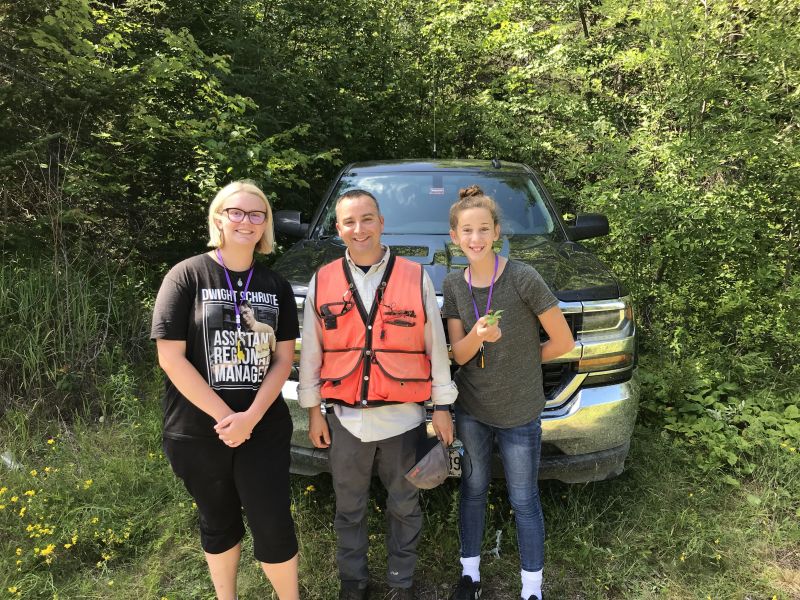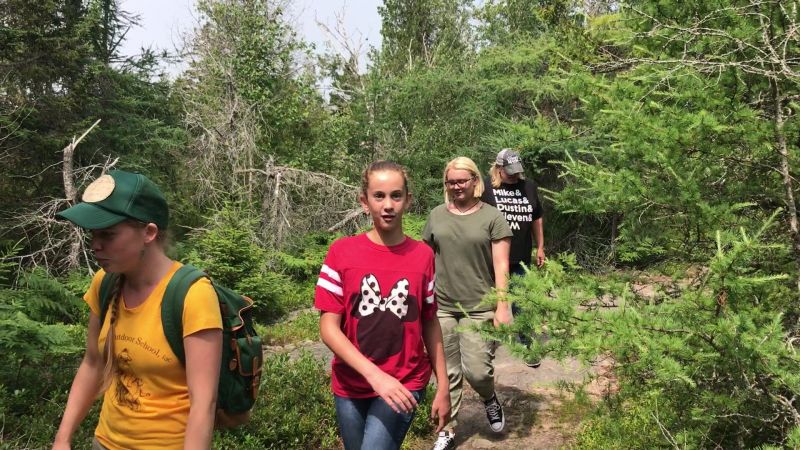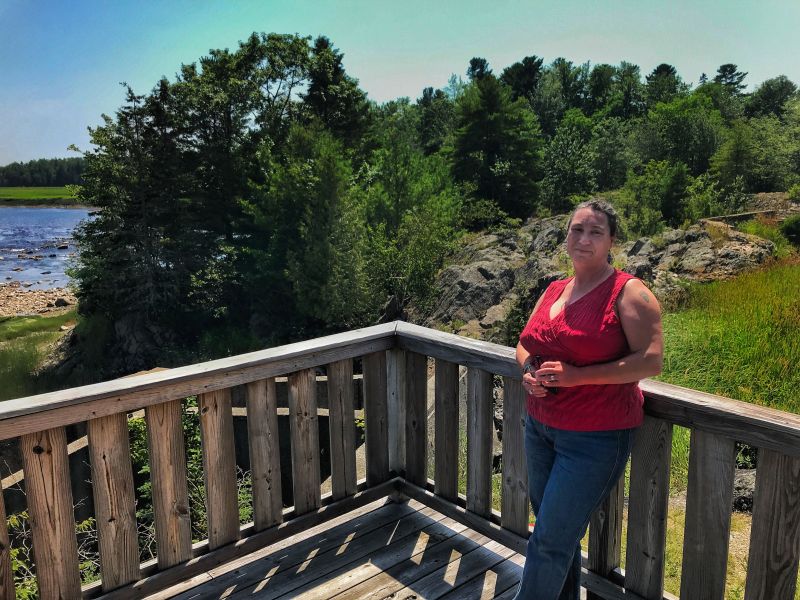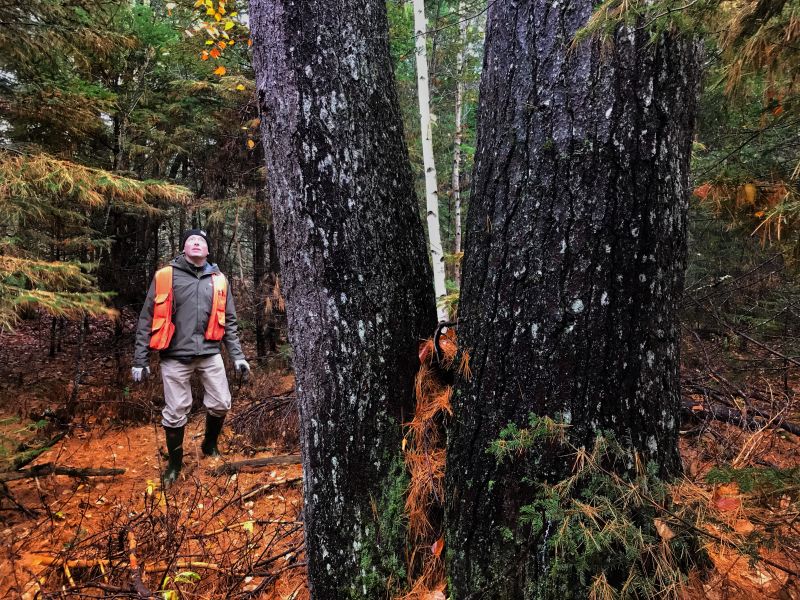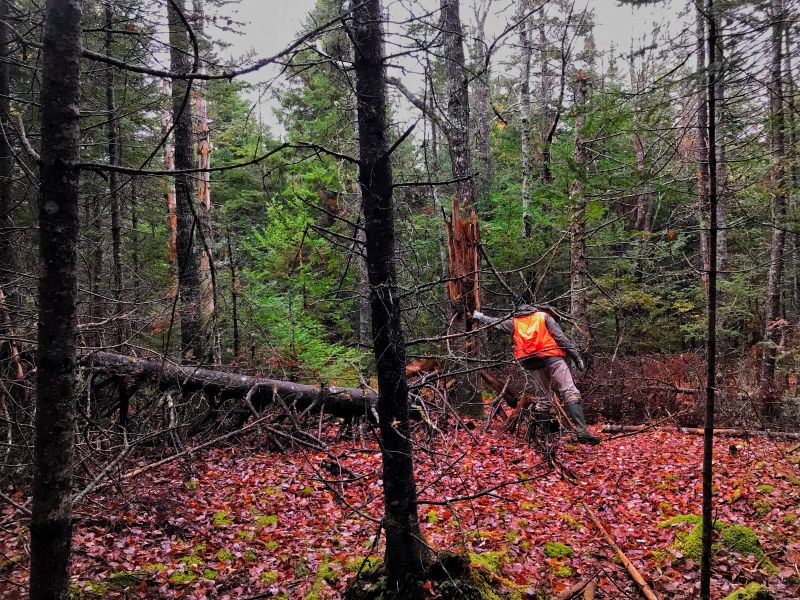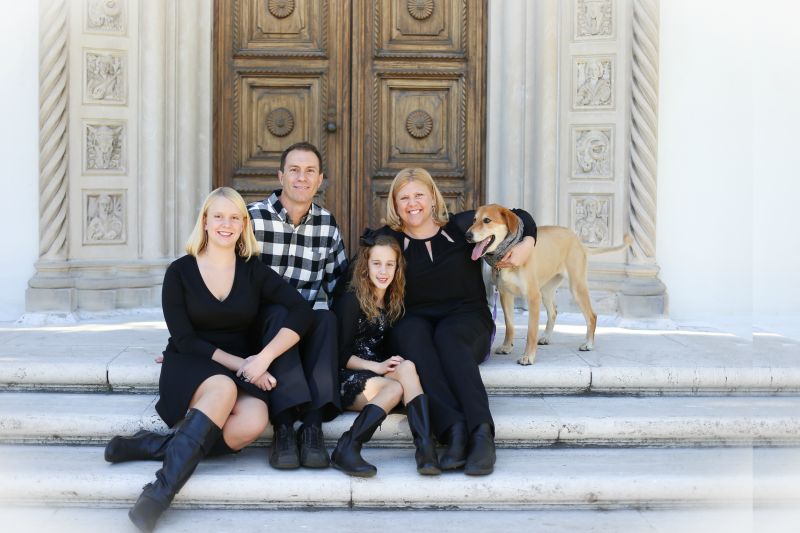Update: Commercial Forest Products Branches Out Into Forest Management
Managing a forest in Maine from the desert inland of Fontana, California is all in a day’s work for NAMM Member, Stephen Ondich of Commercial Forest Products.
UPDATE: In Summer of 2019, during a tour of the Petit Manin Wildlife Refuge in Steuben, Maine, NAMM Member Commercial Forest Products Founder, Steve Ondich, connected with Joe Stark, who is on the Board of Directors for the Downeast Salmon Federation. The organization strives to “preserve wild Atlantic salmon, other sea-run fish and their habitats, restore a viable recreational salmon fishery, and protect other important river, scenic, recreational and ecological resources in eastern Maine.” Since this chance meeting, Steve Ondich and his family are working to expand his conservation efforts and is partnering with the Downeast Salmon Federation, American Forest Management, and the Maine Forest Service to preserve their land for public use.
Ondich’s wife, Heidi had this to say, “As a long-time resident of Southern California, I have seen my fair share of natural resources being used and, sadly, abused. I am thrilled to be working with the Downeast Salmon Federation to protect and conserve important river resources for both ecological and recreational uses. Teaching our children to be stewards of the environment is important. Thank you to the Downeast Salmon Federation for helping us conserve our forest, streams, rivers, and all of the insects, animals, and fish that live there.”
Preserving the biodiversity on their land is imperative to the Ondich family, and their daughters, Sadie (11) and Molly (16) are heavily involved in the project. Updates on preservation efforts can be found at https://www.commercialforestproducts.com/wood-words-blog/.
The original article in its entirety can be found below.
Commercial Forest Products Branches Out Into Forest Management
Ondich recently purchased 146 acres of forest land in Harrington, Maine and is committed to creating a positive, lasting impact both for the music products industry and the forest stewardship in the area. Ondich commented that “timber harvested from this project will be distributed in a wood-to-warehouse format similar to the way that farm-to-table restaurants present their meals.” Ondich plans on utilizing the profits from the endeavor to create access paths to environmentally significant areas for use by educators, areas that will be preserved and open to the public. Ondich took time to provide insight into the wood business and his company’s foray into forest management.
How did you get into the wood business?
After graduating with an economics degree from Claremont McKenna College in 1995, all my classmates were headed to consulting firms, investment banks, or law school. I had no idea what I wanted to do. It was embarrassing. A lumber company had an inside sales position posted in the career center. I went to the interview, got the job, and worked my way up to Vice President of Sales. Gradually, my customer base shifted away from furniture manufacturing and into instrument wood. In 2009, I started Commercial Forest Products to service companies in the instrument trade.
How did you get involved with NAMM?
I was doing some work with Grover Jackson. He's a fascinating person with amazing stories, so I often lingered at his shop longer than needed, as I suspect many people do. He asked me if I'd ever been to The NAMM Show. When I replied no, he said, ‘”You have to go at least once,’” and very generously added me to his guest list. After that first show, I was hooked. I became a member and it has exposed me to many aspects of the industry—manufacturing, distribution, marketing, and talent. It's easy to get tunnel vision when you're in your own bubble too long. Partnering with NAMM puts you in the epicenter of the industry.
What made you decide to enter into forest management?
This is our first foray into forest management. My daughters, Molly and Sadie, are 15 and 10 respectively. They have always known that we're in the lumber business and a few years ago they started asking questions from an environmental point of view – ‘“Is forestry bad for the planet?’” ‘“Are we running out of trees?’” etc. Legitimate questions and rather than answer in industry talking points, my wife and I decided to acquire our own tract of forestland for the purpose of showing our girls responsible forest management in action. Wood is one of the most sustainable resources on our planet. After it's responsibly harvested, it grows back. It's a natural recycling process that has no plastic, steel, or composite equivalent. We want to show them how it works from the ground up.
How will the project be implemented?
We're working with the Maine Forest Service to implement a 10-year joint management plan that will bring carefully selected timber to market using modern sustainable practices. We're also preserving and creating public access points to an environmentally sensitive portion of the land for local educators as well as the public. Our family will be traveling back and forth to meet with the forester and document the process along the way.
What is your long-term goal?
Our goal is threefold:
- To manage healthy working forestland according to our own principals of stewardship
- To document the process as a blueprint for others to emulate
- To keep the land accessible. If we can secure the financing, we'd like to repeat this on an exponentially larger scale in 2022
Commercial Forest Products will document the transition process from unmanaged to managed forestland for educational purposes. To learn more about the project visit https://www.commercialforestproducts.com/ and to get the most recent updates visit https://www.maineterrain.com.
